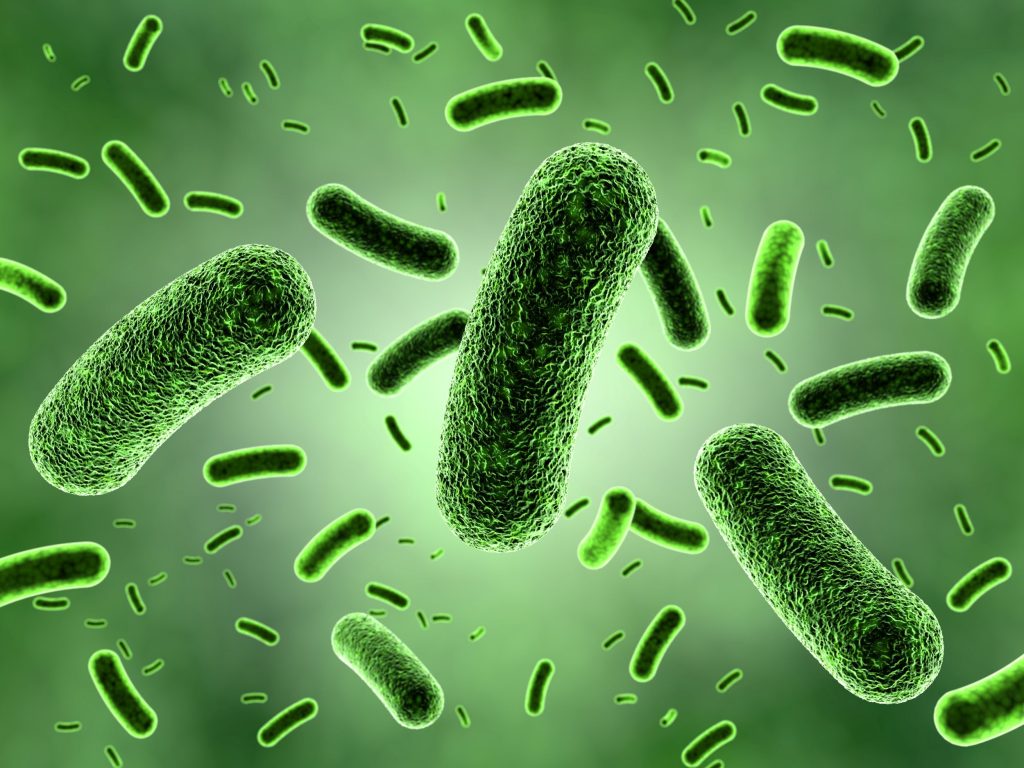You likely already know that brushing and flossing twice daily can prevent cavities and gum disease, but do you know why? Your mouth is full of microorganisms, including bacteria, that can thrive and form plaque on your enamel. Then, the acids they produce can erode the protective outer layer of your teeth to infect the tender pulp inside.
However, not all these microbes are harmful; some are even necessary for your body to function at its peak. Continue reading to learn more about the various types of germs in your mouth and whether they hurt or help your dental condition!
How Many Types of Bacteria do Human Mouths Have?
Bacteria are microscopic, single-celled organisms that can be found throughout your body, including in your oral cavity. Some, like the ones living in your digestive tract, play critical roles that help certain systems work the way they’re intended to. But others can cause infection or disease if they’re allowed to flourish.
Studies have revealed that the human mouth contains approximately 700 different species of microbes, both good and bad, that can potentially impact your dental condition.
How Do Bacteria Colonize In My Mouth?
Your oral microbiome starts being built after birth, with the introduction of germs into your mouth during feedings and continues to evolve over time. You will inevitably be exposed to both positive and negative bacteria that can grow in different places in your mouth. For instance, they can stick to your tongue, gums, or enamel, and can lurk in the pockets between your teeth and connective tissues. They can also thrive in the spaces between two teeth to influence your oral health.
Not all these germs are harmful. In fact, certain microbes are necessary to help break down food in your mouth when you chew and support your immune system. They grow as a community to form a barrier, or matrix, that helps keep the disease-inducing bacteria in check.
How Do Harmful Bacteria Impact My Dental Health?
Unfortunately, negative microbes can thrive in your mouth and produce acids that erode your enamel, contributing to cavities, periodontal problems, or other issues. They can also form plaque that infects your connective tissues and causes infection. If allowed to thrive for too long, they can overtake the positive germs, which only worsens any pre-existing concerns, like tooth decay or gum disease.
Thankfully, visiting your dentist every six months for a routine checkup and cleaning can maintain a positive balance of healthy bacteria to help avoid potential oral problems!
About the Practice
At Framingham Dental Group, families benefit from a team of dentists dedicated to helping them build and maintain beautiful, healthy smiles. With general dentists and specialists on-site, there’s no issue too simple or complex for them to handle. They collaborate to provide a comprehensive menu of services to people of all ages, including routine preventive care. If you’re worried about cavities or gum disease, you can request an appointment on the website or call (508) 872-0041.


